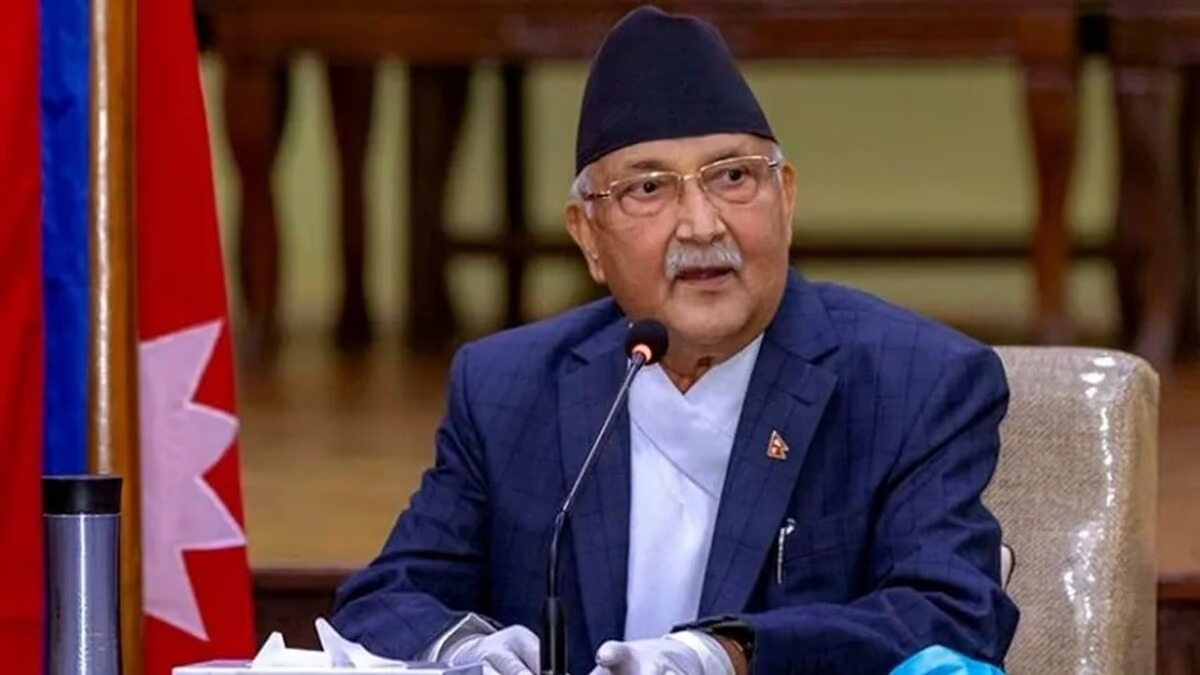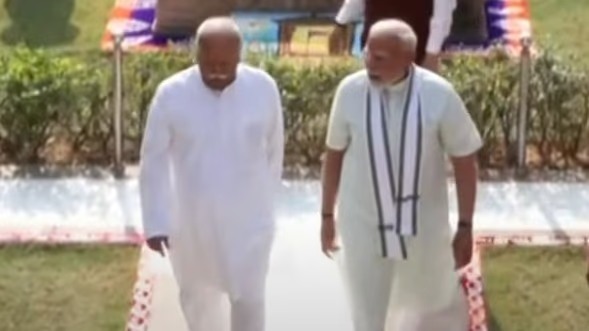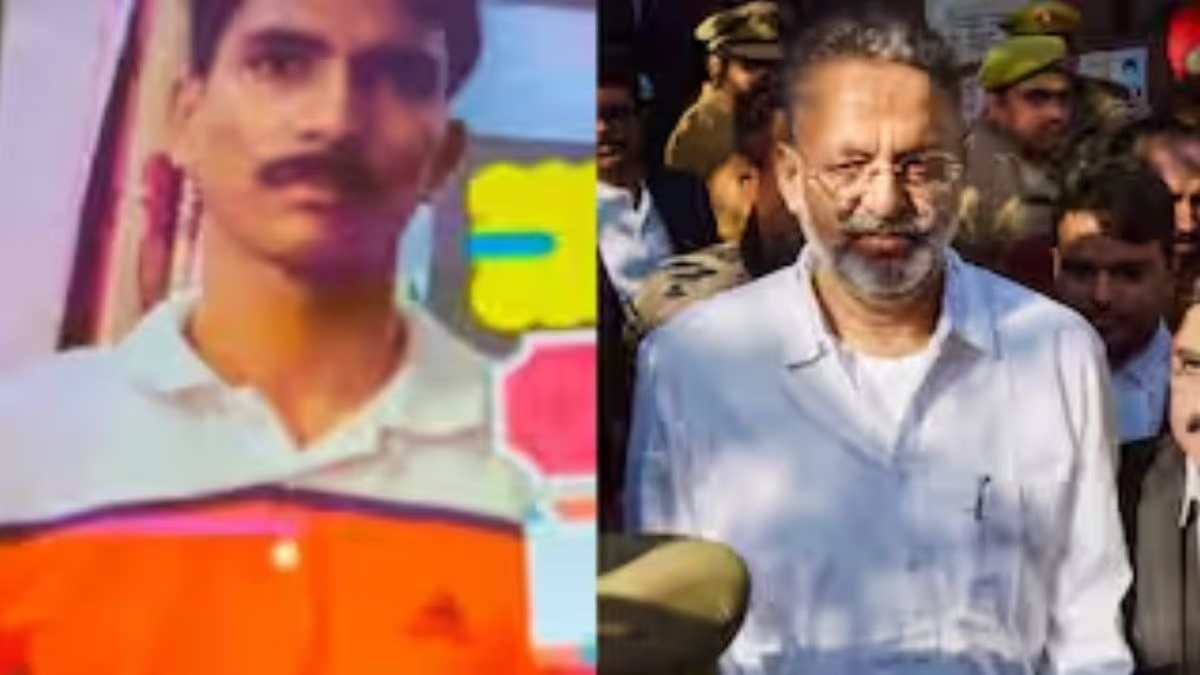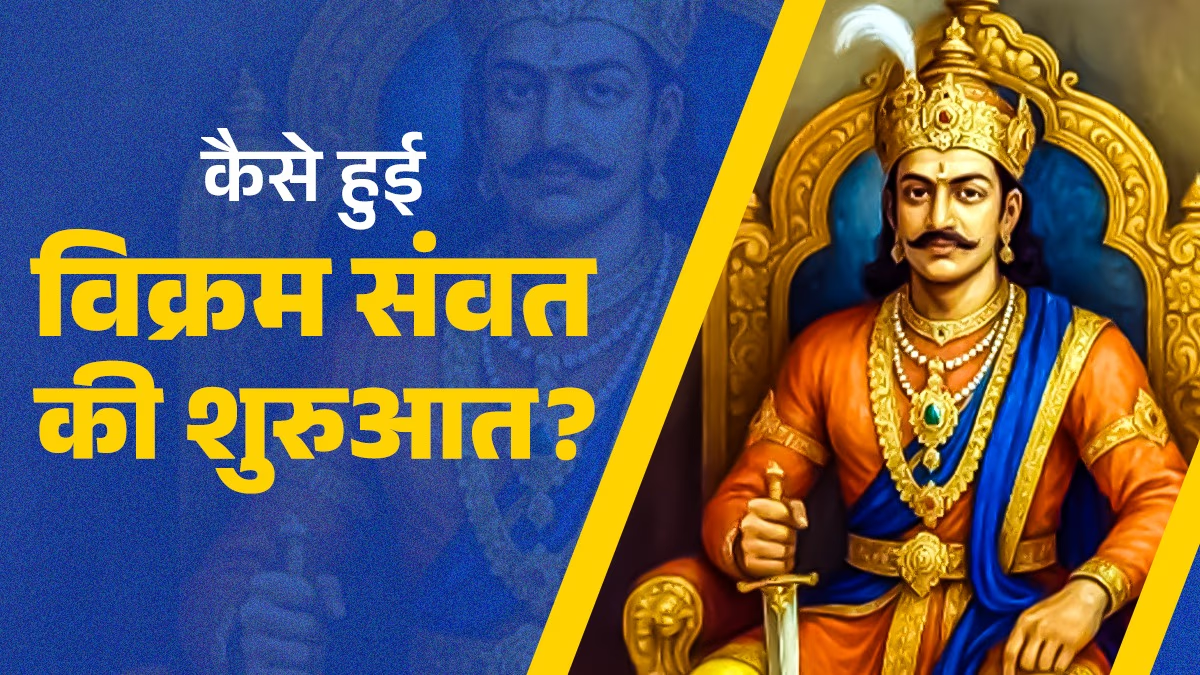Protests advocating for the re-establishment of the monarchy in Nepal have turned violent, resulting in the death of one individual and injuring several others. The gravity of the situation prompted the Home Ministry to call for an emergency meeting with security chiefs. The Chief of Nepal's Army, Nepal Police, Armed Police Force IGP, and the Director of the Intelligence Department reached the Prime Minister's residence.
Violent clashes between monarchy supporters and security forces erupted in several parts of Kathmandu. Protesters attempted to breach security barricades, prompting a police response with tear gas. A commercial complex, shopping mall, political party's headquarters, and a media house were set ablaze, injuring over 12 police officers.
Due to the unrest, Kathmandu's Tribhuvan International Airport was temporarily closed. Flights from Air Asia, Biman Bangladesh Airlines, Fly Dubai, and Korean Air from various routes were redirected for emergency landing in India. Similarly, flights by Qatar Airways, Fly Dubai, and Batik Air faced disruptions.
In 2008, Nepal abolished its monarchy, becoming a secular, federal, democratic republic. However, recent years have seen a resurgence in demands for the monarchy's restoration, spurred by former King Gyanendra’s appeal for public support on Democracy Day, February 19.
Upon Gyanendra's return from a religious pilgrimage, a significant number of monarchy supporters welcomed him at Tribhuvan International Airport. Slogans like "Bring back the King, Save the Nation" and "We want monarchy" were chanted. Some supporters even displayed photos of Uttar Pradesh Chief Minister Yogi Adityanath along with Gyanendra.
Political analysts suggest a powerful movement is brewing in favor of restoring the Hindu monarchy due to public disillusionment with corruption and economic decline. Since 2008, Nepal has seen 13 governments come and go, yet instability persists.
Royalist advocates claim that over 400,000 people rallied to welcome Gyanendra on March 9, while news agencies estimated around 10,000 attendees.
To manage this escalating situation, Prime Minister KP Sharma Oli convened an emergency Cabinet meeting. Discussions centered on the nation’s current state and necessary security measures. The troubling state of affairs in Nepal calls for urgent governmental intervention to bring stability.




